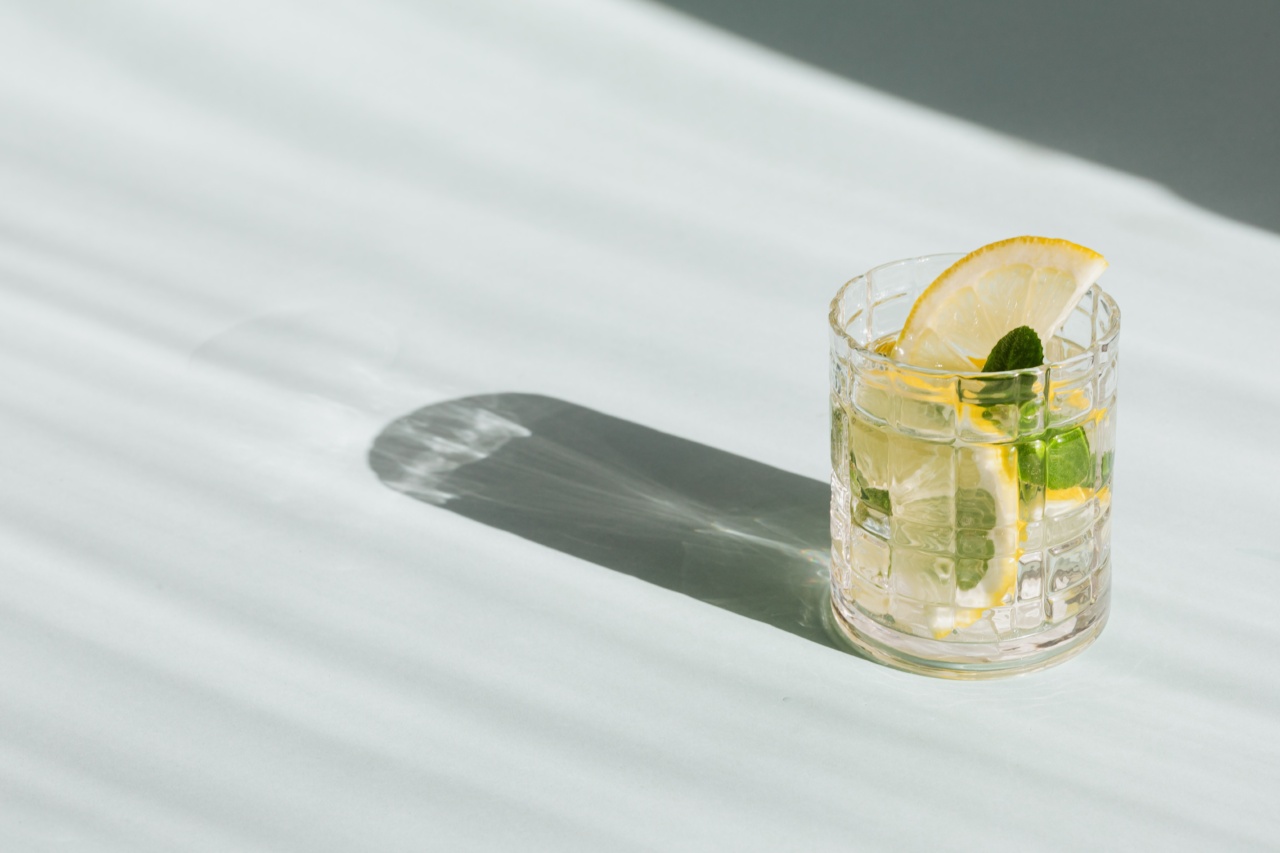In recent years, there has been a growing awareness about the importance of cholesterol for overall health.
While high levels of LDL cholesterol (the “bad” cholesterol) can increase the risk of heart disease, low levels of HDL cholesterol (the “good” cholesterol) can also have negative health implications. HDL cholesterol helps remove LDL cholesterol from the bloodstream, thus reducing the risk of heart disease.
If you have low levels of HDL cholesterol, there are several simple lifestyle changes you can make to increase your levels and improve your overall health. Here are ten effective ways to boost your healthy cholesterol levels:.
1. Regular Exercise
Engaging in regular physical activity is one of the most effective ways to increase HDL cholesterol levels. Exercise can raise your heart rate, improve blood flow, and encourage the production of HDL cholesterol.
Aim for at least 30 minutes of moderate-intensity exercise, such as brisk walking or cycling, on most days of the week.
2. Eat Healthy Fats
Include more healthy fats in your diet to increase HDL cholesterol levels. Foods rich in monounsaturated and polyunsaturated fats, such as avocados, nuts, seeds, and olive oil, can help raise HDL cholesterol while lowering LDL cholesterol.
Avoid trans fats and limit your intake of saturated fats, which can raise LDL cholesterol levels.
3. Consume Omega-3 Fatty Acids
Omega-3 fatty acids have been shown to increase HDL cholesterol levels. Fish, such as salmon, mackerel, and sardines, are excellent sources of omega-3 fatty acids.
If you’re not a fan of fish, you can also get omega-3s from walnuts, flaxseeds, and chia seeds.
4. Quit Smoking
Smoking not only damages your lungs, but it also lowers your HDL cholesterol levels. Quitting smoking can make a significant difference in your cholesterol levels and overall cardiovascular health.
Seek support from friends, family, or healthcare professionals to help you quit smoking successfully.
5. Limit Alcohol Consumption
While moderate alcohol consumption may have some health benefits, excessive drinking can lower HDL cholesterol levels. If you choose to drink alcohol, do so in moderation.
Men should limit their intake to a maximum of two drinks per day, while women should stick to just one drink per day.
6. Increase Soluble Fiber Intake
Soluble fiber has been shown to increase HDL cholesterol levels. Foods high in soluble fiber include oats, barley, legumes, fruits, and vegetables. Aim to incorporate these foods into your daily diet to boost your healthy cholesterol levels.
7. Lose Excess Weight
If you’re overweight or obese, losing weight can positively impact your cholesterol levels. Shedding excess pounds, especially around the waistline, can increase HDL cholesterol levels.
Adopt a healthy, balanced diet and engage in regular physical activity to achieve and maintain a healthy weight.
8. Avoid High-Sugar Foods
Consuming a diet high in sugary foods and beverages can lower HDL cholesterol levels. Limit your intake of added sugars, such as those found in soda, candy, and desserts. Opt for healthier alternatives, like fresh fruits, to satisfy your sweet tooth.
9. Manage Stress Levels
Chronic stress can have a negative impact on your cholesterol levels. Find healthy ways to manage stress, such as practicing yoga, meditation, or engaging in hobbies that you enjoy.
Stress management techniques can help increase HDL cholesterol and improve overall well-being.
10. Get Enough Sleep
Getting adequate sleep is essential for maintaining optimal health, including healthy cholesterol levels. Lack of sleep can disrupt your metabolism and lead to imbalances in cholesterol.
Aim for seven to eight hours of quality sleep each night to support your overall health.





























